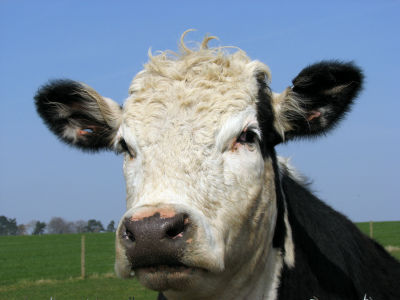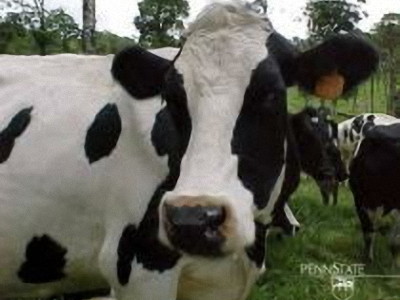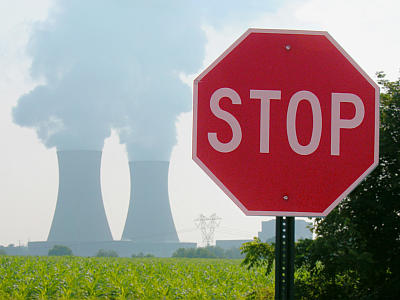A method for reducing global warming by reducing burp by feeding seaweed to cattle

by
Although methane is known as the main component of natural gas, it is also famous as a greenhouse gas that causes global warming, and is said to bring about a greenhouse effect more than 20 times that of the same amount of carbon dioxide. Methane is also contained in burps and feces produced by herbivores such as cattle, but an attempt is being made to “reduce the burp produced by cattle by feeding on seaweed”.
Burp-free cow feed drives seaweed science at USC | University of the Sunshine Coast
https://www.usc.edu.au/explore/usc-news-exchange/news-archive/2019/august/burp-free-cow-feed-drives-seaweed-science-at-usc
This Tasty Seaweed Reduces Cow Emissions by 99% —and It Could Soon Be a Climate Gamechanger
https://www.goodnewsnetwork.org/gamechanging-pink-seaweed-reduces-cow-emissions/
Methane contained in beef burp is considered to be one of the factors that accelerate global warming, and methane emissions from livestock account for more than 20% of methane emissions worldwide. In order to prevent such burping of beef, researchers have sought to improve the breed of cattle and try to prevent burping by mixing perennials called oregano with food.
Earth-friendly cows do not get gep, breeding cows for warming countermeasures-gigazine

Successful development of supplements that stop cow's gep and improve milk production by taking measures against global warming-GIGAZINE

Meanwhile, the Australian Commonwealth Scientific and Industrial Research Organization (CSIRO) , an Australian research institute with thriving livestock, discovered in a 2014 study that a kind of seaweed called Kakenkenori has the effect of suppressing cattle belching by 99%. Did.
Kagikenori is a purple-light pale red fluffy seaweed that thrives on the coast of Japan and Europe, as well as off the Australian Gold Coast . Research teams such as Nicholas Paul, who is an associate professor of biology at Sunshine Coast University , are continuing their research as they can reduce belches almost completely by adding a little bit of swordfish to cow's food.
Paul said, “Seaweed is a food that cows can eat spontaneously. Cows actually walk to the beach and bite the seaweed,” he said. I don't think there's a problem. In addition, it seems that less than 2% of the total amount of keyakiri can be mixed with food, “Kagikenori contains chemicals that reduce the microorganisms that live in the stomach of cattle, and cows burp after eating grass. Can be completely prevented, ”Paul said.

by
Paul says, “Kagikenori has gained worldwide interest. Researchers around the world have confirmed that beef and milk remain good, even if they are fed by cows. I am working on the research. ' The research team believes that if we can mix the swordfish with food eaten by all cattle in Australia, we can reduce 10% of greenhouse gases emitted by Australia.
In order to do so, a stable supply of Kakenkenori is required, so the research team is researching ways to grow Kakenori. It seems that greenhouse gas emissions can be reduced in many countries by establishing a method for producing kaykenori, and in the future, feeding not only cattle but also sheep and goats with food containing katkenori.
Ana Wegner , a member of the research team, said, “We know the chemical composition of Kakenori, which works to reduce methane emissions in cattle. Maximizing the concentration of chemicals in Kakenkenori has the same effect. I want to reduce the amount of seaweed that brings

by Skitterphoto
Related Posts:





